The 7 money chats every woman needs to have with their partner
And why biting the bullet this Christmas could change your relationship for the better
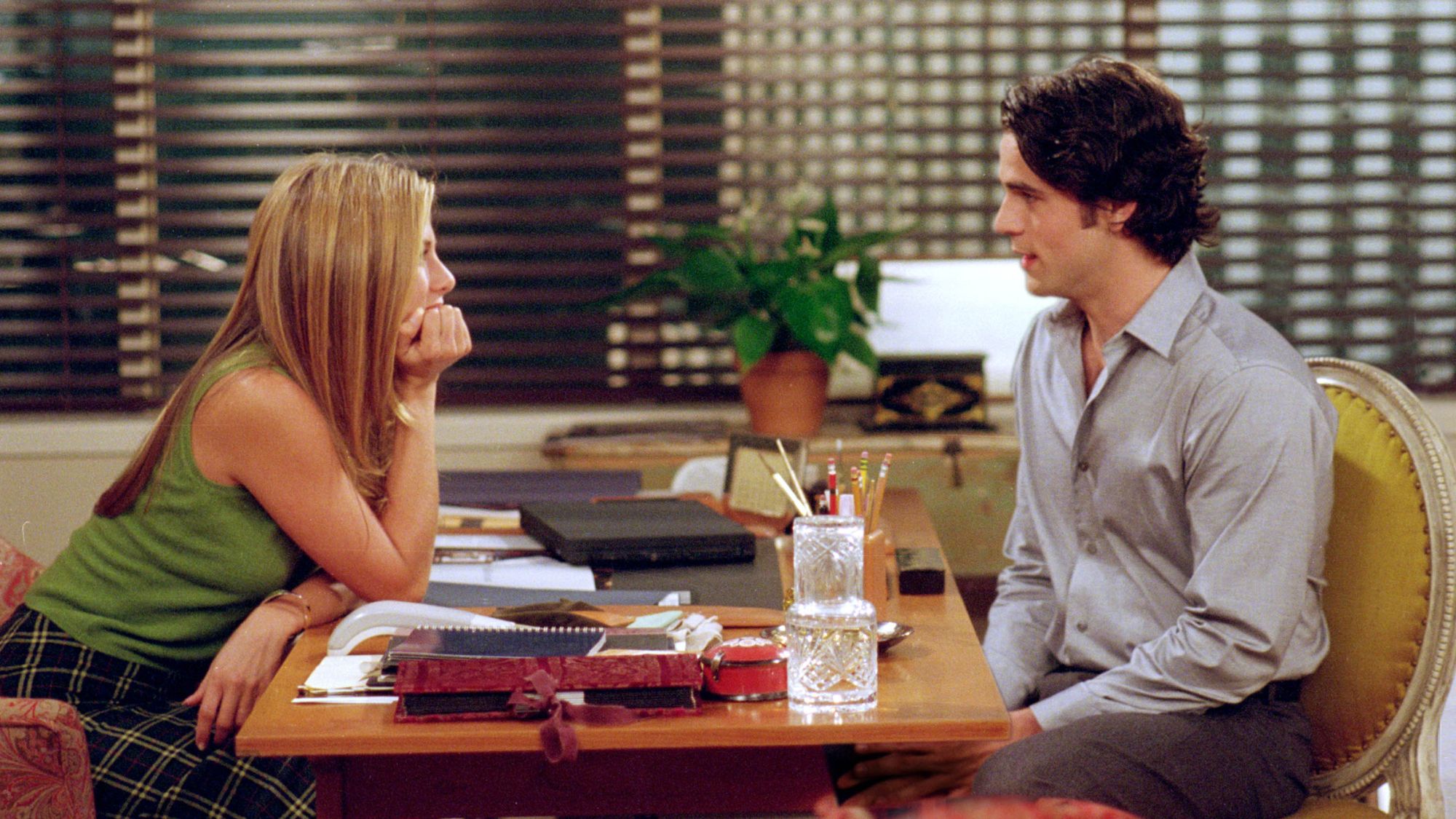

It's impossible to get through the Christmas period without talking money, but that doesn't have to be a bad or stressful thing. Alice Tapper, Go Fund Yourself founder and author, is here to tell you that financial heart to hearts are as essential to any long-lasting relationship as a box-set binge...
So you’re compatible, but are you financially compatible? It doesn’t matter what stage you are in your relationship, it’s never too late to do the money chat because more often than not when we’re thinking of potentially spending our lives with one person, too many of us ignore the cash factor. Do you want to buy a house, have kids, retire early? These take a huge amount of planning, and if you’re not on the same page or don’t share the same financial values, it’s no surprise money is one of the main causes of relationship breakdown. So it’s time to future-proof your relationship by having these seven conversations....
Chat 1. Let’s get financially naked
This is not about disclosing what you have early on in a relationship, this is about understanding your partner’s financial psychology. It’s vital you both get to know each other’s money baggage with questions such as: are you a spender, a saver, what are your financial weaknesses or vices. Interestingly, how a person grew up around money and what their parents were like about money has a big impact. So often we inherit beliefs and management skills about money from our parents. It’s getting to understand where your partner is coming from, so you have more empathy.
Chat 2. How will we manage our money?
According to research from Netwealth, women are increasingly choosing not to share their money with their partner. But that’s not right for everyone so I think it’s good to lay out the options:
- Separate accounts and splitting all bills straight down the middle.
- A joint account- where you both pile in everything and share all the expenditure
- The hybrid option - having a joint account for certain expenditure and within that account split responsibilities 50-50 or according to proportion of earnings.
- An allowance model- this may sound old-fashioned but it can be a good way of managing your money in certain circumstances such as, one of you is not working (on mat leave or raising kids full-time or returning to education).
To be clear, there’s no right answer to this conversation and it may depend on who earns what, what feels fair and doesn’t create an unhealthy power imbalance. Remember you can switch up any time between these options.

Chat 3. What happens if we split up?
No one wants to think about this one but as your relationship grows and you have with shared responsibilities, such as kids, a house, the cost of separation only increases.
Consider a pre-nup: Marriages are on the decrease, so think about protecting yourself and your partner. A pre-nuptial agreement sounds pretty terrifying and they aren’t for everyone but they are flexible and can be set up to suit your relationship, such as only protecting the assets you had before marriage. Entering into a pre-nup can be a hard thing to do but could be worth it if you have significant assets.
Marie Claire Newsletter
Celebrity news, beauty, fashion advice, and fascinating features, delivered straight to your inbox!
Unmarried couples beware: the law doesn’t protect cohabiting couples in the same way it does married couples and it’s often women who feel this most following a relationship breakdown. You can look at a cohabitation agreement and declaration of trust (used for property) to set out who owns what and in what proportion as well as laying out how you’ll split shared assets if the relationship were to breakdown.
If you’re considering a pre-nup, cohabitation agreement or declaration of trust, your first stepis to take advice from a family law solicitor. To maximise your chances of it being upheld in a court of law, both of you should seek independent legal advice. You can contact your nearest Citizens Advicefor help to find a solicitor.
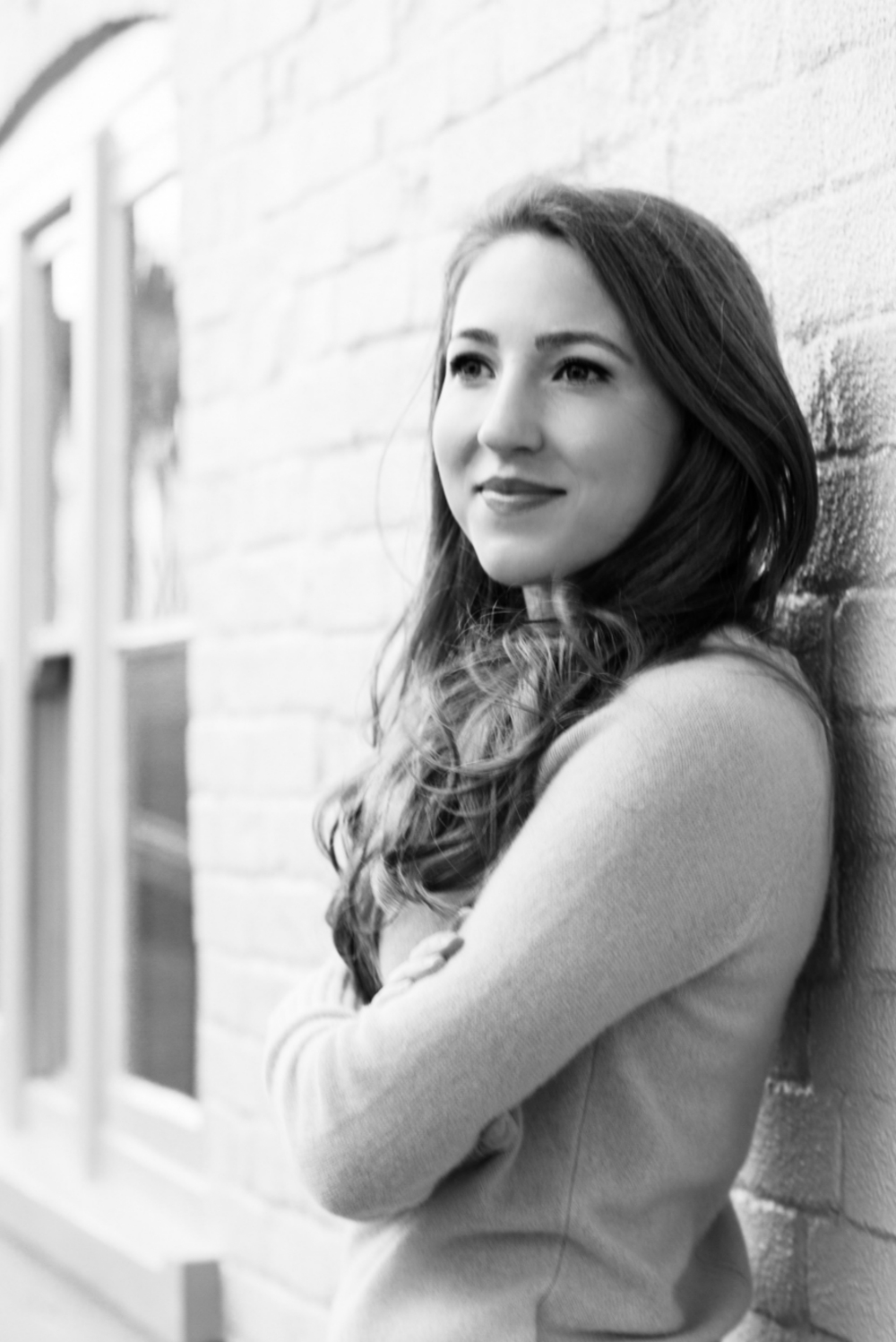
Chat 4. OK, we need to talk about debt
This is a difficult and emotional topic, as so much shame surrounds it but it’s a hugely important one. It massively impacts any shared life decisions you make for the future and any shared money goals. Once you’re financially linked to somebody whether it’s a joint bank account with an overdraft facility, a mortgage, a credit card, their credit rating will affect yours. This means any debt accrued by one can seriously affect the other person’s credit score. You can look at who you are financially linked to by looking at your credit report which is free to access.There are three main credit reference agencies: Equifax, Experian and TransUnion.
Chat 5. How we’ll spend it - or not
Even if you don’t have a joint account it’s still essential to agree on budgeting, working out how much you want to spend on shared experiences and how much is too much for you. Plus what are your financial priorities? What do you want to spend on a date night, for birthdays and so on. Have a budget and stick to that agreement. This is all about compromise, trust and what you’re happy spending money on together.
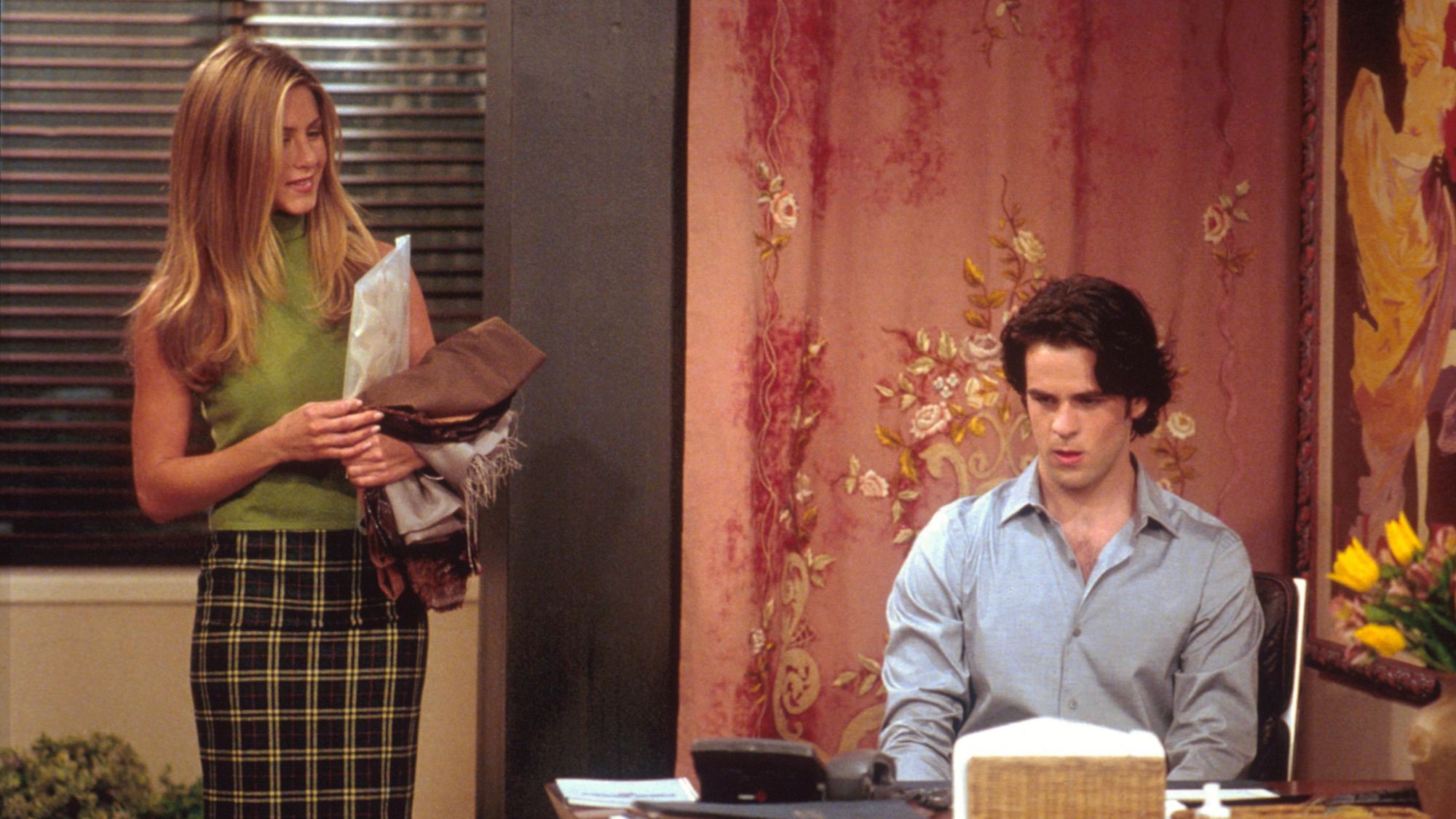
6. Who’s doing the boring bill stuff?
This is financial admin andwho is responsible for paying the utility bills. There are apps, such as Splitwise which let you record and split joint expenditure. Plug in the details and let it do the maths for you. Or you may decide to have a joint account strictly for bills only. Standing orders are great for this, and for reimbursing on time. Inevitably there is always someone in the relationship who ends up taking care of more of this stuff, which is why it is vitally important and it’s usually a gender issue, do not be left ignorant to all your joint financial details.
Have a financial check-in on a monthly basis: It’s empowering and also really important that the other person knows what the passwords are and where all the financial assets are. Be responsible and keep on top on things.
7. What does our financial future look like?
What is it that you really want from your life? A great way of doing this is to break down your financial goals into: short-term (0-2 years), medium (2-5 years) and long-term is 5 years plus. These goals will include, do you want to buy a house, is saving for a deposit your big priority or do you want to spend years travelling the world? It’s all about asking each other should we be saving together for long, medium or short-term goals and how are we going to do that.
So, what about mortgages: are you saving together, looking at shared ownership schemes, or save to buy schemes? There are ways you can both benefit if you’re saving for a deposit. If you were to both open a Lifetime ISA , you could each benefit from a 25% government bonus each year. You can each put in up to£4,000 a year meaning you’d both receive a 1k bonus from the government. You can then use this towards your first home (so long as it’s £450,000 or less). Even if your partner isn’t a first-time buyer but you are, you can still open one and use your savings & bonus towards your new home.
And finally, pensions: are you both saving enough for your old age? Are you making the most of your employer’s contributions? Everyone has a pension unless you opt out of it or you are self-employed. If you are self-employed make sure you have one! It’s about contributing what you can. But the stark fact is no one is saving enough.
* For more financial inspiration you can find Alice on Instagram @go_fund_yourself_, www.gofundyourself.com and read her book Go Fund Yourself, £10.49, available on Amazon
Maria Coole is a contributing editor on Marie Claire.
Hello Marie Claire readers – you have reached your daily destination. I really hope you’re enjoying our reads and I'm very interested to know what you shared, liked and didn’t like (gah, it happens) by emailing me at: maria.coole@freelance.ti-media.com
But if you fancy finding out who you’re venting to then let me tell you I’m the one on the team that remembers the Spice Girls the first time round. I confidently predicted they’d be a one-hit wonder in the pages of Bliss magazine where I was deputy editor through the second half of the 90s. Having soundly killed any career ambitions in music journalism I’ve managed to keep myself in glow-boosting moisturisers and theatre tickets with a centuries-spanning career in journalism.
Yes, predating t’internet, when 'I’ll fax you' was grunted down a phone with a cord attached to it; when Glastonbury was still accessible by casually going under or over a flimsy fence; when gatecrashing a Foo Fighters aftershow party was easy-peasy-lemon-squeezy and tapping Dave Grohl on the shoulder was... oh sorry I like to ramble.
Originally born and bred in that there Welsh seaside town kindly given a new lease of life by Gavin & Stacey, I started out as a junior writer for the Girl Guides and eventually earned enough Brownie points to move on and have a blast as deputy editor of Bliss, New Woman and editor of People newspaper magazine. I was on the launch team of Look in 2007 - where I stuck around as deputy editor and acting editor for almost ten years - shaping a magazine and website at the forefront of body positivity, mental wellbeing and empowering features. More recently, I’ve been Closer executive editor, assistant editor at the Financial Times’s How To Spend It (yes thanks, no probs with that life skill) and now I’m making my inner fangirl’s dream come true by working on this agenda-setting brand, the one that inspired me to become a journalist when Marie Claire launched back in 1988.
I’m a theatre addict, lover of Marvel franchises, most hard cheeses, all types of trees, half-price Itsu, cats, Dr Who, cherry tomatoes, Curly-Wurly, cats, blueberries, cats, boiled eggs, cats, maxi dresses, cats, Adidas shelltops, cats and their kittens. I’ve never knowingly operated any household white goods and once served Ripples as a main course. And finally, always remember what the late great Nora Ephron said, ‘Everything is copy.’
-
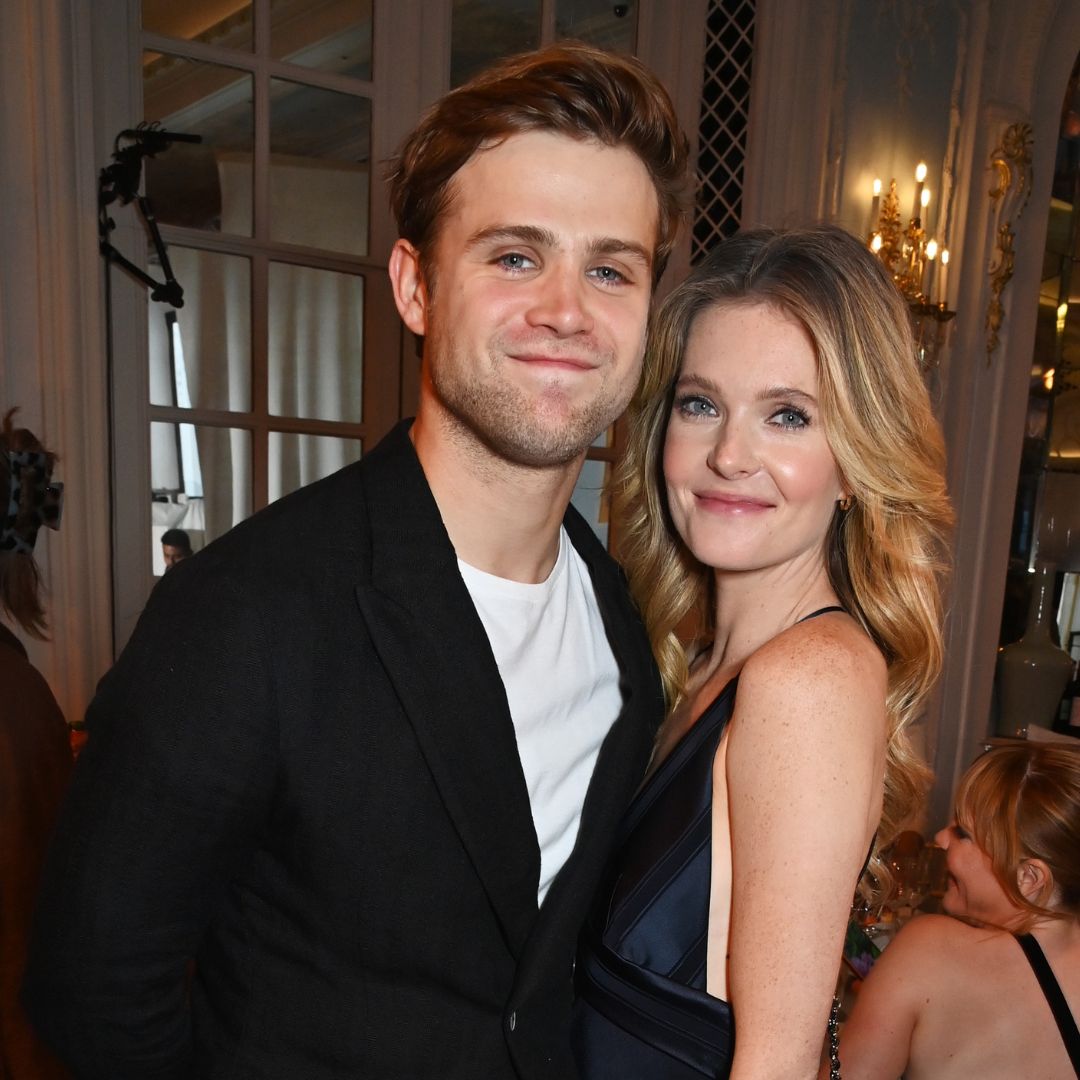 Here's a rundown of The White Lotus cast members who have dated in real life
Here's a rundown of The White Lotus cast members who have dated in real lifeBy Jenny Proudfoot
-
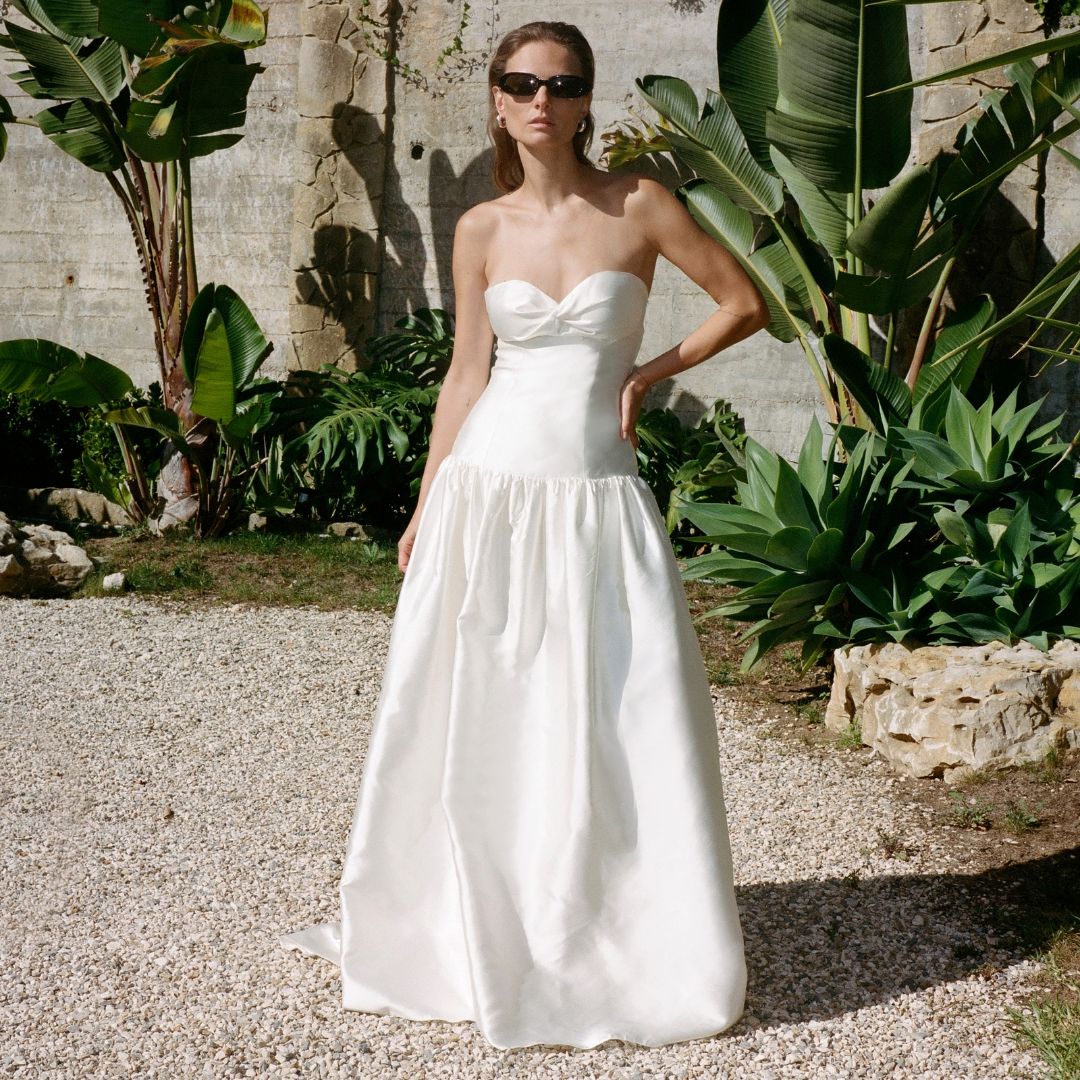 All the coolest brides are wearing drop-waist wedding dresses this year
All the coolest brides are wearing drop-waist wedding dresses this yearWedding Special Minimalist, nostalgic, and universally flattering
By Clementina Jackson
-
 Anya Hindmarch has just launched a fantastical diving shop in central London
Anya Hindmarch has just launched a fantastical diving shop in central LondonFor those who would rather be beside the seaside...
By Sofia Piza